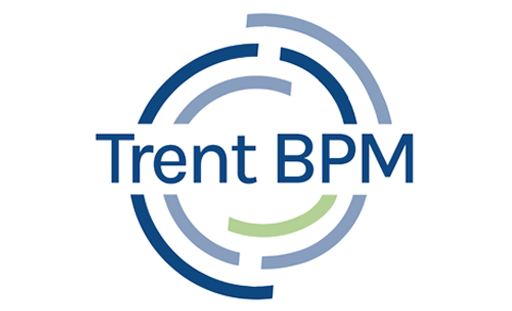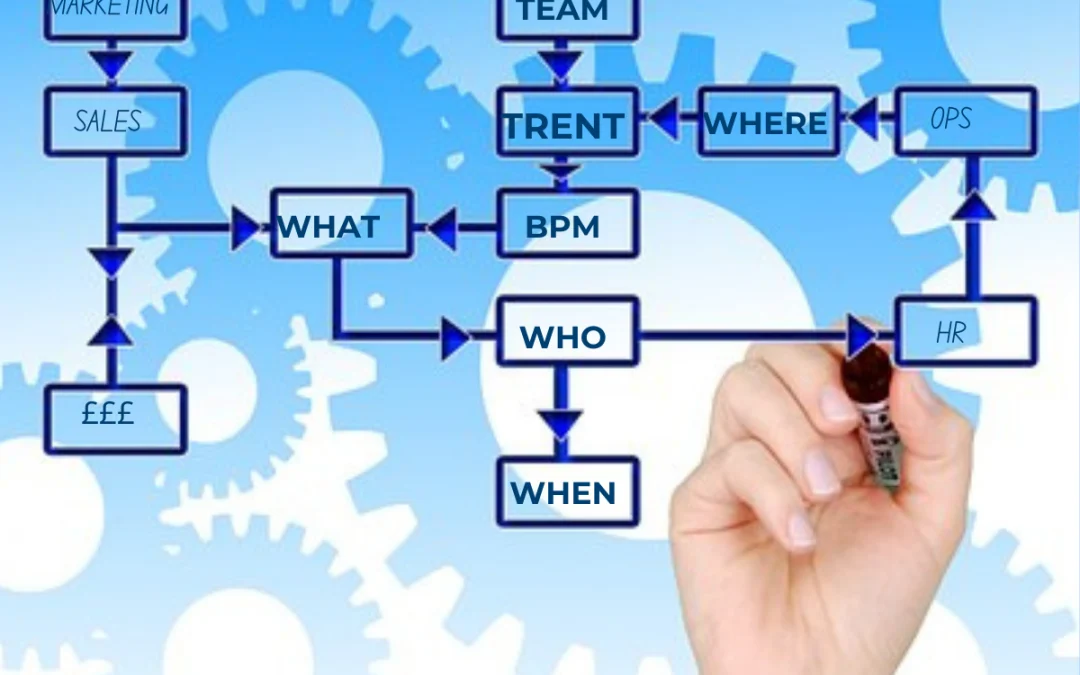You may be wondering how identifying and documenting processes within organisations is of any benefit to you as a sole business owner or owner of an SME. It all sounds a bit corporate big business.
Understanding the Basics:
It’s possible you’ve heard the terms business process management and business process outsourcing, but never considered or understood what they are. Often these terms are considered to only be relevant in bigger corporate companies. But in truth, the sooner these practices can be adopted into your own business, the easier the functionality in your business will become, thus relieving any stress and confusion.
All businesses, whether they are small, medium, or large, have information that they need to organise and process to deliver their required outcome. The organisation of these processes will have a direct impact on our businesses’ effectiveness and efficiency. So to help clarify, here is a brief outline to help you understand the difference between these two processes and how they impact on business.
Business Process Management (BPM):
Of the 2 terms, this is the one that needs to happen first. It works in 2 ways, firstly to conduct an end-to-end examination of an organisation’s operations, what works well and where are the gaps or bottlenecks, so that secondly it can identify ways to improve them. It helps understand the who does what, when, how, where and why.
As a small business owner, adopting these core principles of BPM can bring immense benefits. While the intensity of operational systems such as Six Sigma and ISO might be beyond current requirements, integrating the fundamental aspects of BPM can enhance your business’s operational efficiency. This shift in focus helps clients run a smarter, better business where they benefit from proven processes, giving them more options to develop the business but without having the recurring stress.
Business Process Outsourcing (BPO):
This is where a complete process, where all the steps have already been identified (can you see why the process management needs to happen first), is outsourced to another provider to complete. It might be by doing this they are able to save costs, or that they don’t have the skills in-house, and outsourcing enables them to tap into more specialist services, or that it allows the organisation time to focus on more productive areas.
Why Should Small Businesses Care?
As a small business owner, you might be thinking, “Why bother with these processes?” The answer lies in the potential for enhanced efficiency, cost savings, and the ability to tap into specialised skills. By adopting BPM, you set the stage for a streamlined operation, making your business more resilient and adaptable. BPO, on the other hand, can be a strategic move to ensure tasks are handled by experts, freeing up your time to focus on core business activities.
In Conclusion:
In the world of small business, the terms BPM and BPO might sound intimidating, but they are pathways to efficiency and growth. Embrace the fundamental principles of BPM, adapt them to your business’s scale, and consider outsourcing processes that can be handled more efficiently by specialists. It’s not about becoming a corporate giant but about making your small business operate like a well-oiled machine, paving the way for sustained success.


